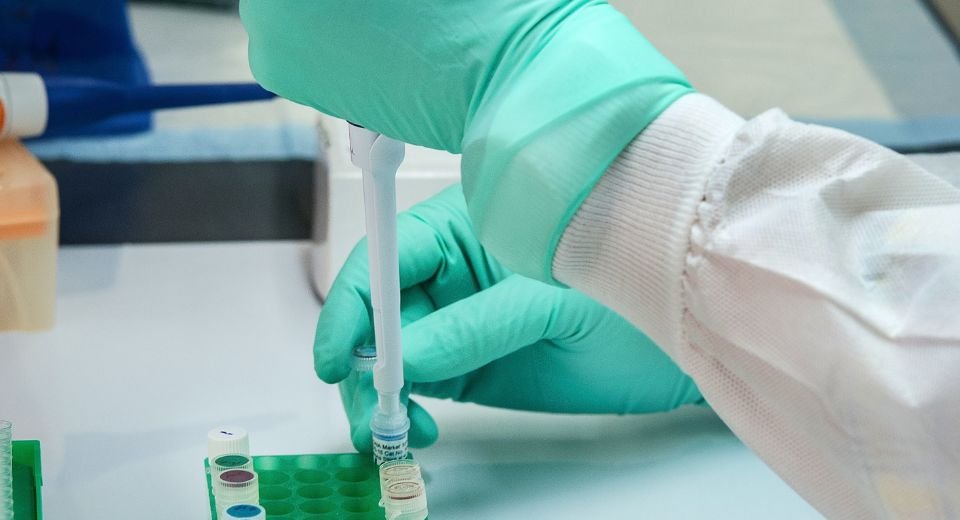HQ Team
November 28, 2023: Argenx SE, a Belgian biopharmaceutical announced that its experimental drug Vyvgart Hytrulo failed in trials in treating immune thrombocytopenia (ITP), a rare condition where the immune system attacks platelets, leading to increased bleeding risk.
The drug initially showed promising outcomes in a Phase III study last year.
Disappointing results
Vyvgart Hytrulo, designed to address ITP, showcased limited efficacy in the latest trial. Weekly or biweekly injections only improved platelet levels in 13.7% of patients, compared to 16.2% in the placebo group, with the difference deemed statistically insignificant (p=0.5081).
Contrary to a Phase III study completed in 2022, where intravenous infusions of Vyvgart significantly improved platelet levels for 21.8% of patients, the recent trial results were unexpected. The drug’s potential approval in the US hinges on successful pivotal trials, and Argenx faces uncertainty following this setback.
Japanese approval
Argenx has submitted the infusion version of Vyvgart Hytrulo to Japanese regulators, and an approval decision is expected in the first quarter of 2024. The company’s future strategy may pivot based on regulatory outcomes in different regions.
Argenx Chief Medical Officer Luc Truyen acknowledged the disappointment for patients but highlighted setbacks in pioneering new medicines. “This is not the outcome we had hoped for patients, but setbacks are part of pioneering a new class of medicines and these data will provide insights into the broader understanding of FcRn and ITP.”
Vyvgart is already approved in the US for treating myasthenia gravis, where the immune system targets nerve-muscle junctions. Argenx plans on testing Vyvgart in 15 different indications by 2025. Despite the setback in the ITP trial, the drug’s diverse applications have contributed to argenx’s significant market value.
Argenx’s financials
Before the ITP trial results, argenx had a prosperous year, with $816 million in Vyvgart sales in the first three quarters. Positive data from a Phase II study and a stock surge contributed to the company raising $1.1 billion from investors. However, the recent setback has impacted the company’s stock performance.
